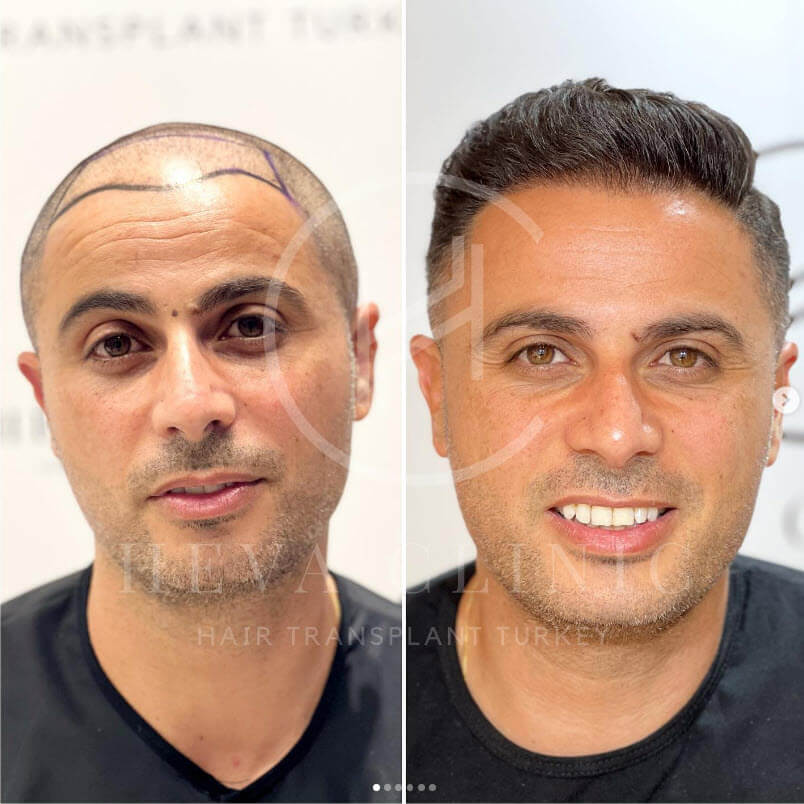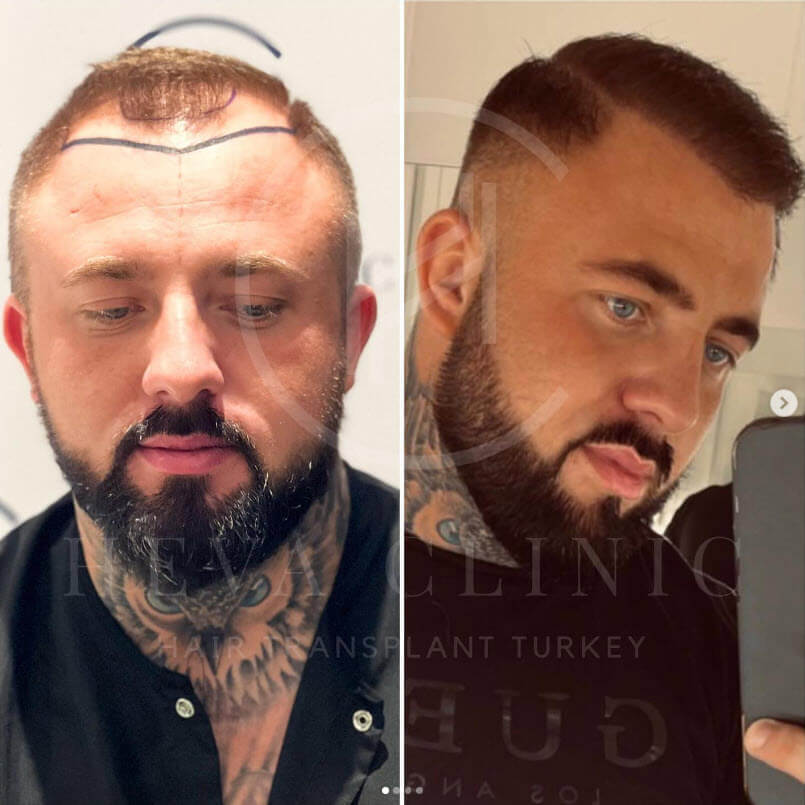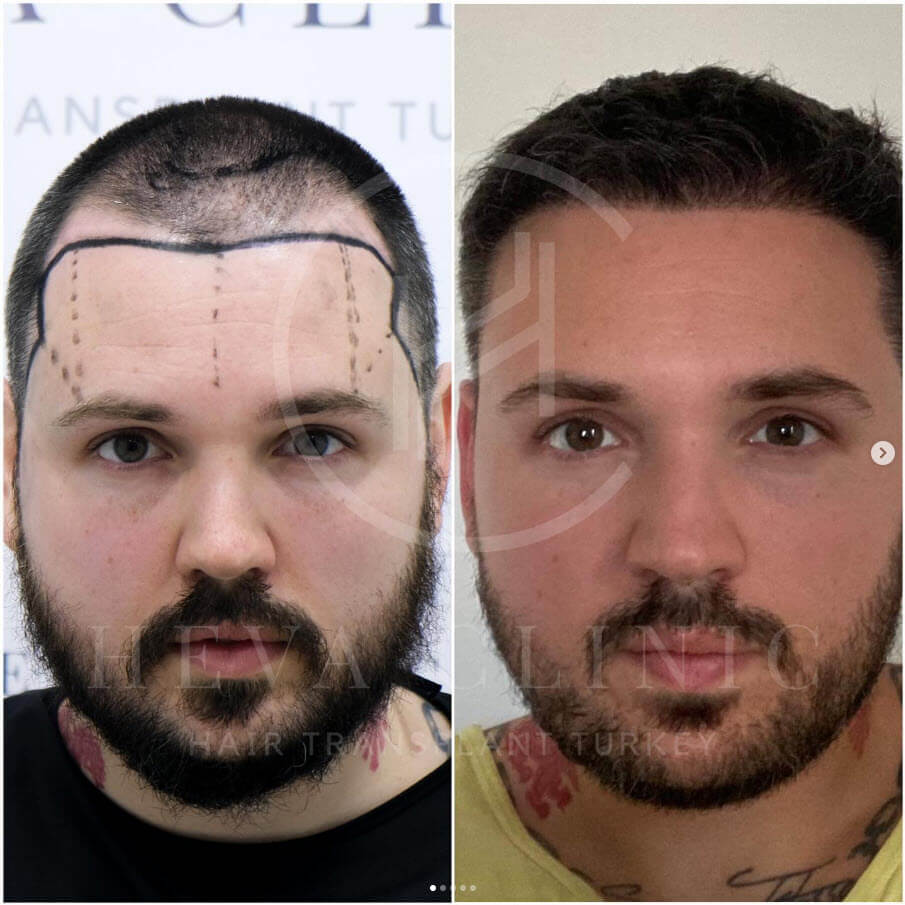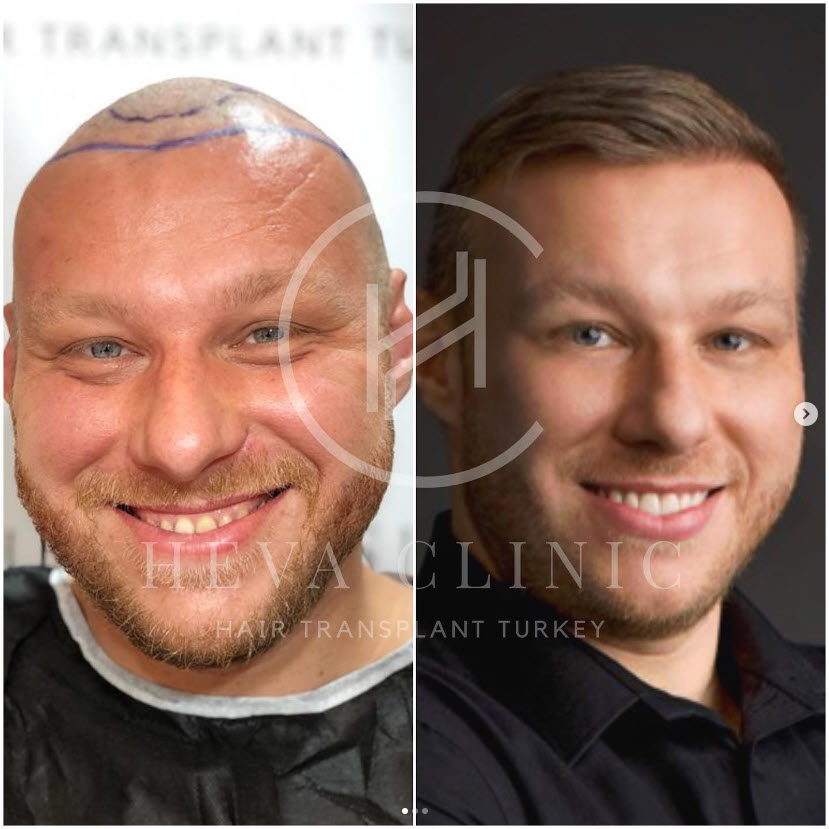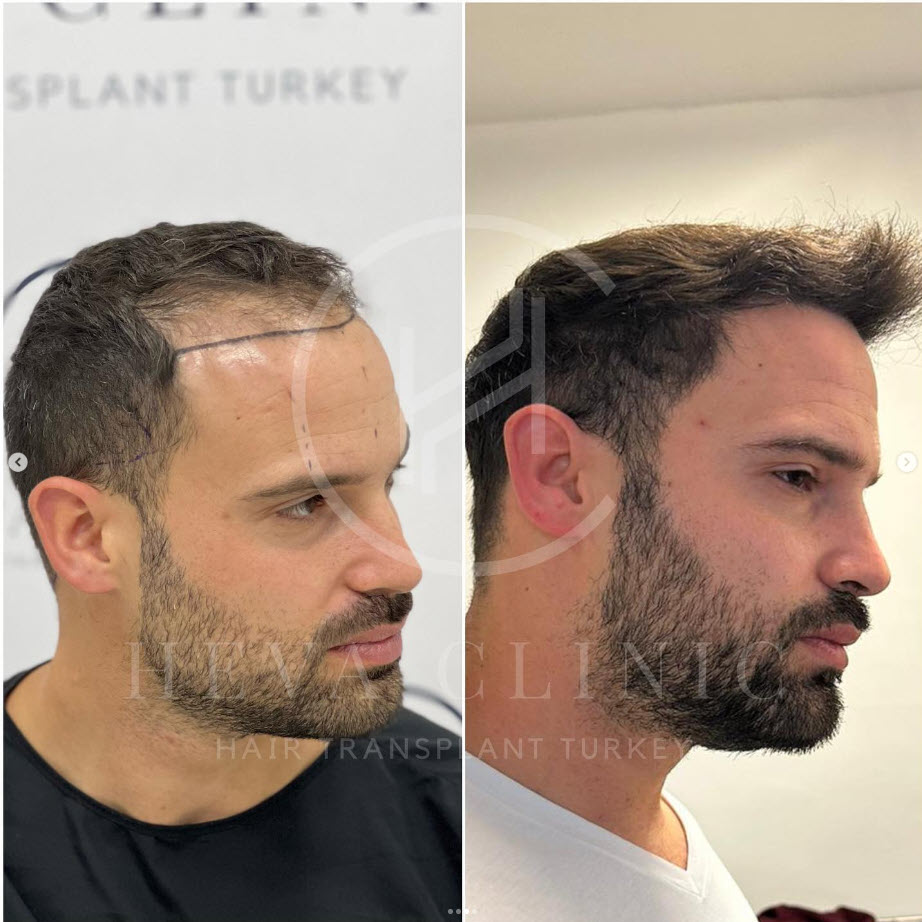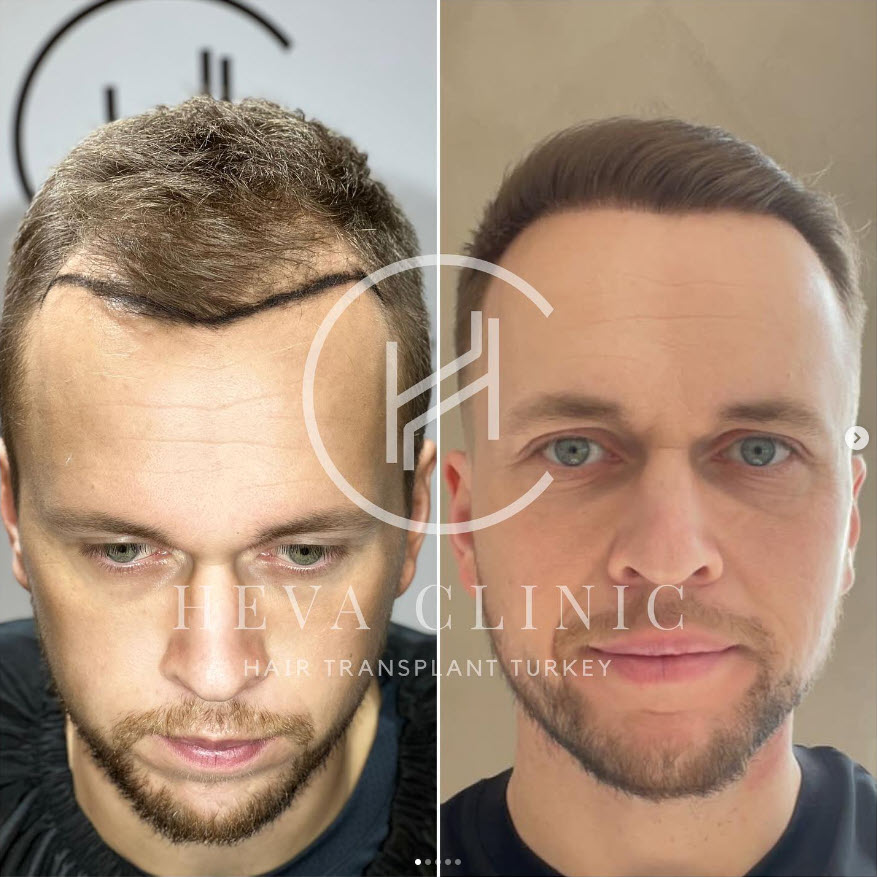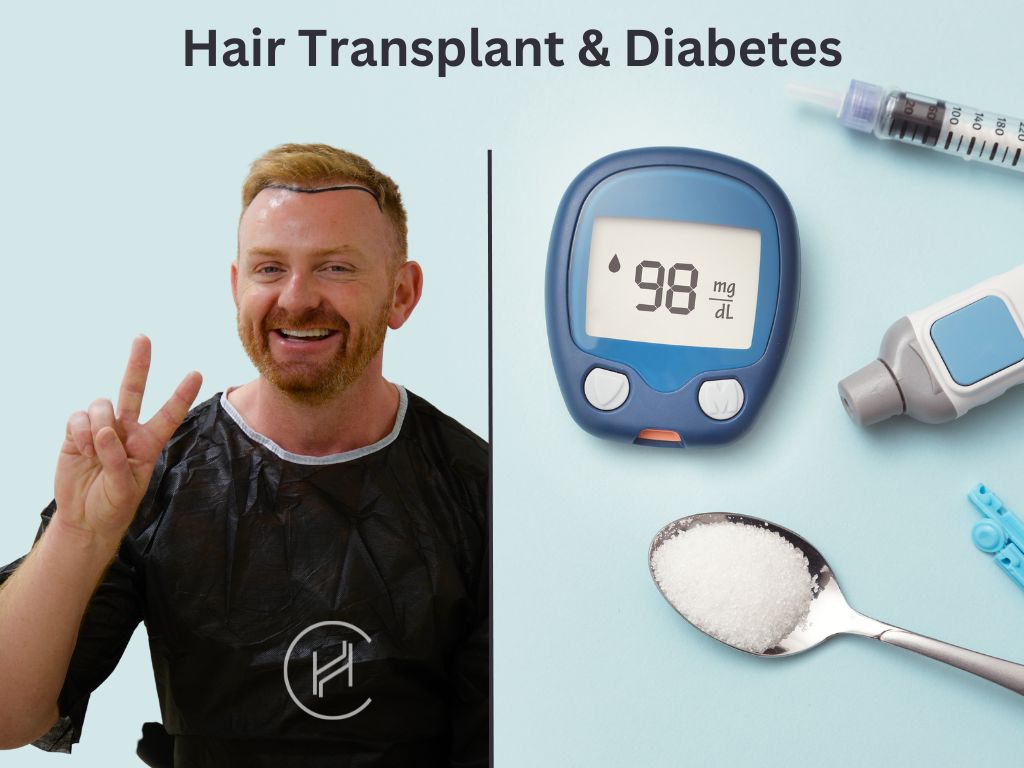
Diabetes mellitus is one of the most common health issues that makes the life of patients a little more difficult as they have to impose several restrictions in their lives to maintain their blood sugar levels within normal limits. Other than paying attention to the foods they eat, the medical and cosmetic procedures they plan to undergo also have to be chosen after careful consideration and this includes hair transplantation.
Hair loss is a common phenomenon that affects almost everyone. The lack of proper blood circulation into the scalp can cause hair loss or worsen the existing hair loss in diabetes patients. This is one of the reasons why hair transplantation is one of the common cosmetic procedures sought by diabetic patients.
Here is a brief discussion about whether a hair transplant is suitable for patients with diabetes and what they should do to get better results from this procedure.
Can diabetic patients have a hair transplant?
Yes, patients with diabetes can have a hair transplant. However, they need to follow additional precautions in order to get the desired results.
Moreover, this procedure may not be suitable for some diabetic patients due to the presence of some risk factors. Hence, it is important to get evaluated by an expert surgeon to assess whether you are a suitable candidate for a hair transplant. This assessment is often completely personal, which means the same conclusion may not apply to another diabetic patient.
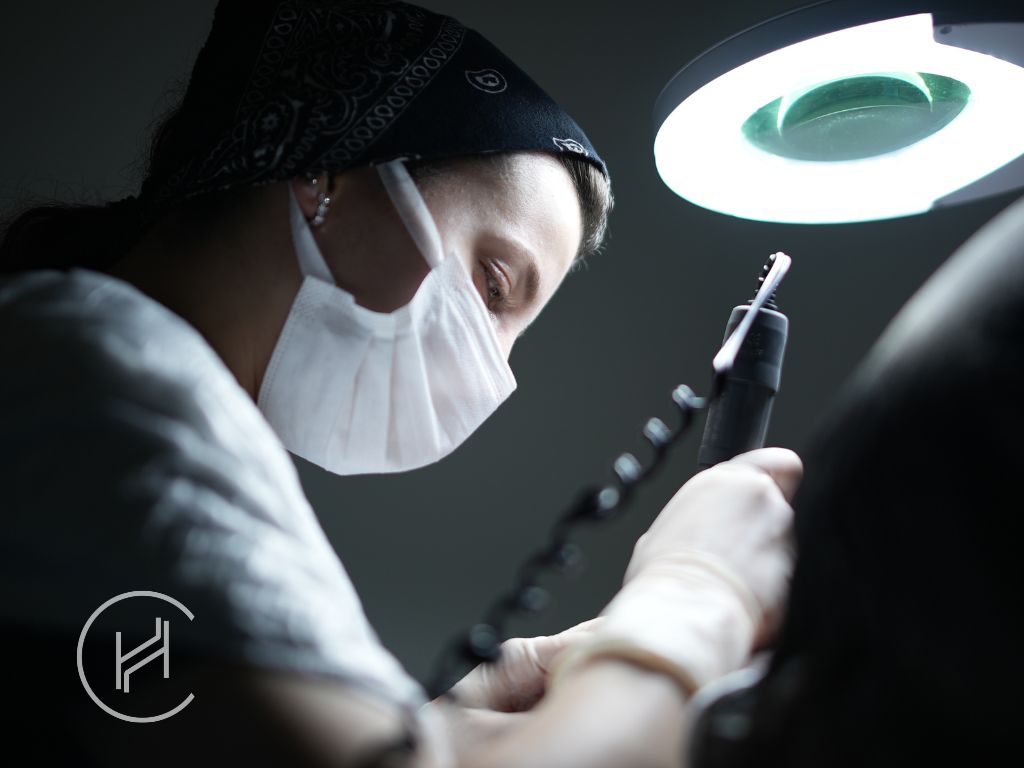
Some factors that need to be considered for the evaluation include whether your diabetes is well-controlled or not and how hair transplantation is expected to affect your blood sugar levels and hormonal balance. Your hair transplant surgeon and diabetes specialist also need to assess how much hair loss is attributed to your diabetes.
If you are considered a suitable candidate for a hair transplant after the assessment, a personalized process can be initiated in order to get optimum results.
Patients with type 2 diabetes can benefit from a hair transplant procedure to manage moderate to severe hair loss. A thorough evaluation needs to be done along with a complete assessment of the general health for deciding the right procedure for hair transplant in these patients.
Patients with type 2 diabetes can undergo a hair transplant once their blood sugar levels are under control. Also, the risk factors must be eliminated before the procedure.
Type 1 diabetes occurs due to the reduced secretion of the hormone insulin in the pancreas.
Patients with type 1 diabetes often have to take insulin injections on a daily basis for maintaining their blood sugar levels within normal limits. However, hair transplantation is a long process. Hence, it is generally directly not recommended for patients with type 1 diabetes if their blood sugar level is unstable. In these cases the administration of insulin might be required during the procedure.
Is hair transplant safe for diabetics?
Hair transplantation can be performed successfully and safely in most patients with type 2 diabetes and some type 1 diabetic patients.
The operation can be safe for patients with diabetes if their age, weight, blood sugar values, medications, and other parameters of health are deemed appropriate.
The success of the procedure depends on the type of diabetes you have and how well your blood sugar levels are controlled. Careful planning by a skilled surgeon can ensure you would have successful results after this procedure.
How does diabetes affect the success of hair transplant procedures?
Diabetes is known to affect the process of healing after hair transplant. Scars that generally heal quickly in a healthy person without diabetes tend to take a comparatively longer time in diabetic patients, especially if they have poor blood sugar control. [1]
There is also a risk of the scars getting easily infected in patients with diabetes. If not managed properly, these scars can lead to necrosis, or the death of the tissue. This may occur due to the lack of proper blood circulation in the treated parts.
An experienced surgeon will be able to recommend the most suitable method of hair transplant to help you get better results while avoiding complications. For example; your surgeon might advise you to choose the FUE (Follicular Unit Extraction) method of hair transplantation as it is associated with a significantly lower risk of complications compared to other methods such as the FUT (Follicular Unit Transplantation).
Before hair transplant surgery
- Diabetes plays a crucial role in the results you can derive after a hair transplant. Also, this condition can also influence your recovery by affecting the process of healing. Hence, it is important to inform your cosmetic surge if you are diagnosed with this condition.
- Diabetic patients are advised to get all tests done before the hair transplant procedure.
- All medicines and other treatments should be reported to the cosmetic surgeon prior to the procedure.
- A nutrition program recommended by the nutritionist to maintain your blood sugar levels within normal limits should be followed strictly.
After hair transplant surgery
- Sensitivity and redness in the donor area are common after hair transplantation and usually resolve within 4 to 7 days.
- Crusting may occur in the transplanted area and typically lasts for 8 to 10 days.
- Regular washing of the transplanted area helps to remove the crusting and promote healing.
- Mild redness may be present in the transplanted area after the crusting process.
- Maintaining optimal blood sugar control, adhering to prescribed medications, and proper care of the treated area contribute to faster recovery after hair transplantation.
FAQs
Does diabetes damage hair?
Hair loss is one of the known side effects of diabetes. In patients with type 2 diabetes, hair loss primarily occurs as a result of problems in blood circulation and hormonal imbalance. [3]
Who is not suitable for a hair transplant?
Patients with uncontrolled diabetes, especially type 1 diabetes, are not suitable for a hair transplant.
What are the alternatives to a hair transplant?
Maintaining your blood sugar levels within normal limits could restore a healthy hormonal balance and improve blood circulation in the scalp thus minimizing the impact of diabetes on hair loss. These natural methods can be good alternatives to a hair transplant, although the results take a very long time to become noticeable.
Conclusion
A hair transplant, when performed by a skilled surgeon, can help diabetic patients improve their appearance to a great extent. It can restore their self-confidence and even serve as a motivation to follow healthy habits for controlling their blood sugar levels.
References:
- https://www.ncbi.nlm.nih.gov/pmc/articles/PMC7646428/
- https://www.ncbi.nlm.nih.gov/pmc/articles/PMC6371733/
- https://pubmed.ncbi.nlm.nih.gov/31700983/

